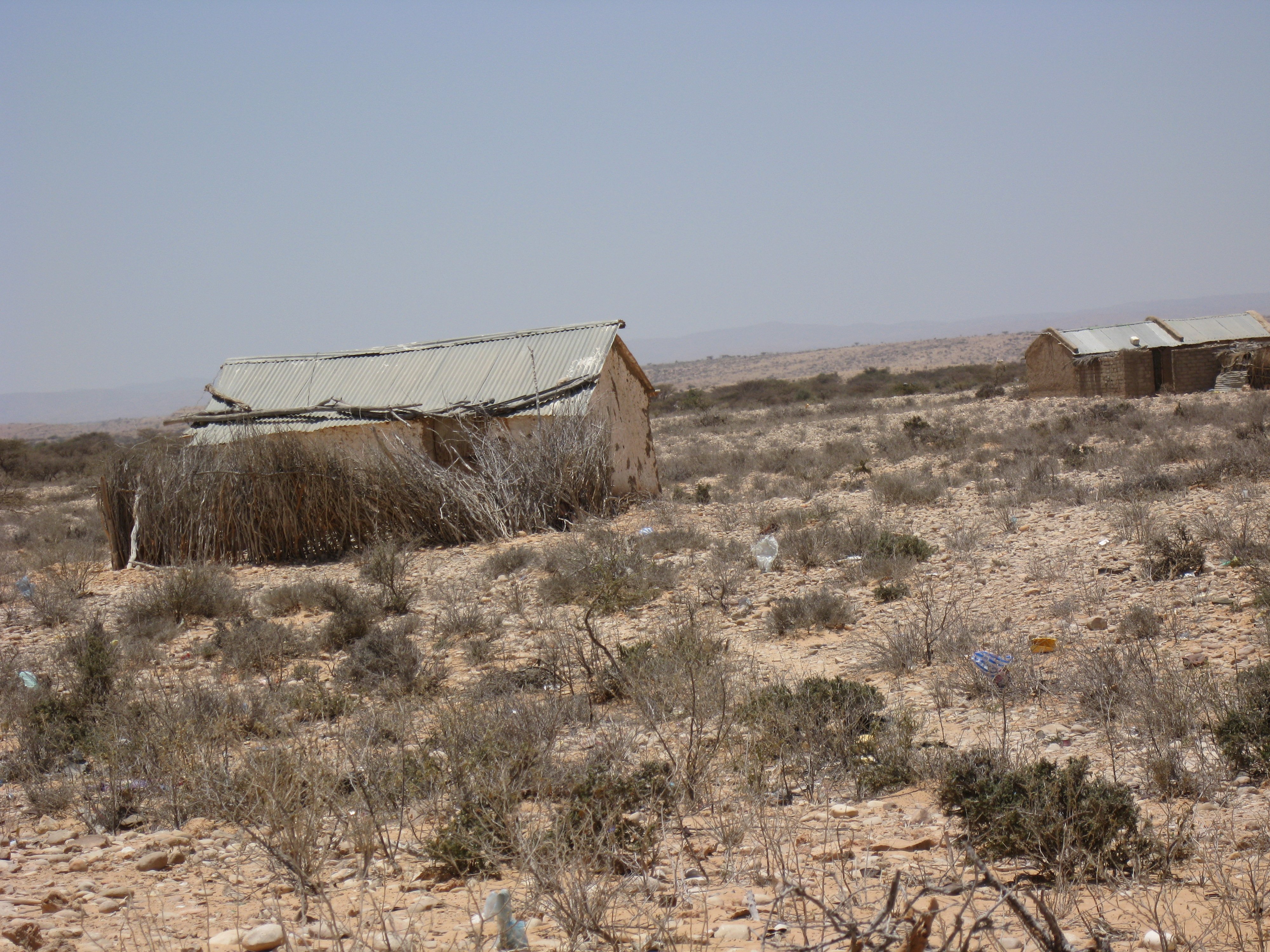The number of Somalis facing a humanitarian emergency and those displaced by continuing conflict has increased because the situation is deteriorating faster than expected, the UN warned.
Three factors, according to the UN Office for the Coordination of Humanitarian Affairs (OCHA), were responsible for the rapid deterioration in Somalia's humanitarian situation - an extremely harsh dry season, increasing insecurity and high rates of inflation.
According to the Food Security Analysis Unit and Famine Early Warning Systems Network (Fews Net), the number of people in humanitarian emergency in the first quarter of this year increased from 315,000 to 425,000 while there are now 745,000 newly displaced people against 705,000.
The most severely affected areas are Galgadud, Mudug, Hiiraan, coastal Shabelle and pockets in Sool, Nugaal and Hawd areas in the north.
"Food security continues to worsen in central and Shabelle regions and among the urban poor and internally displaced persons (IDPs) in the south," Fews Net stated in an alert. "Because of La Niña, associated with drier-than-normal conditions, pasture and water resources throughout the key pastoral areas of the country are being depleted early, leading to a deepening crisis among pastoral communities."
It said the total number of people in need of humanitarian assistance and livelihood support for the next six months would increase from two million to as many as 2.5 million.
OCHA said deteriorating security had slowed down humanitarian deliveries and affected the ability of aid agencies to support populations in need.
Food convoys, for example, were held up in Mogadishu awaiting an improvement in the security situation.
Recently, the International Committee of the Red Cross reported that large numbers of displaced Somali families were surviving on less than one meal a day and spending large proportions of their meagre income buying drinking water.
eo/mw
This article was produced by IRIN News while it was part of the United Nations Office for the Coordination of Humanitarian Affairs. Please send queries on copyright or liability to the UN. For more information: https://shop.un.org/rights-permissions





